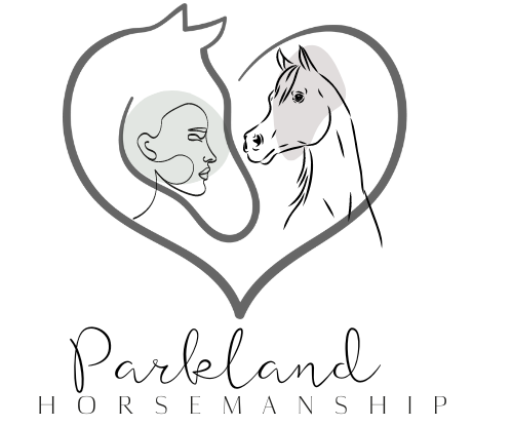Horses provide an indirect means of emotional regulation and mindfulness during EAL sessions, led by trained and certified professionals. These non-therapeutic sessions aim to develop essential life skills.
At-risk youth participated in four-week Equine Assistance Learning (EAL) sessions. Their equine knowledge was evaluated through pre and post program tests while emotional safety was determined through weekly debriefing interviews.
Self-Awareness
Equine Assisted Learning (EAL) is an experiential learning activity that uses horses to teach participants life skills. EAL has proven an effective approach to leadership and teamwork by encouraging active collaboration between group members. Many studies have also confirmed its ability to increase both quality relationships between individuals as well as communication levels among them.
Horses’ prey animal instinct makes them highly attuned to human emotions, while their nonverbal communication style encourages participants to become more self-aware about their body language and energy – thus helping them better understand how their actions impact on others and build more trustworthy relationships.
Horses make excellent tools to teach life skills, being both intuitive and capable of reading nonverbal cues. At Dreamwinds, our unmounted equine interaction programs utilize activities such as working to get a horse over a jump or grooming to promote positive development in areas such as confidence, self-respect and trust, leadership and teamwork.
Self-Discipline
Equine assisted learning challenges participants to engage in activities that promote leadership and teamwork. Activities that include building obstacle courses or leading a group of horses promote self-discipline while the horses’ immediate feedback teaches participants how to recognize their emotions more accurately and manage them more effectively.
EAL programs can be customized for corporate, educational, community groups or individuals to explore communication, emotional intelligence and trust-building skills. EAL sessions are led by educators, trainers and coaches who utilize horses as tools for personal growth and development.
VSU professors Ruttencutter and Warner conducted research that demonstrated how teaching first-year students equine-assisted learning skills resulted in increased self-awareness, goal setting and problem solving abilities for these individuals. Their improvements were measured through pre/post program testing results comparison as well as debriefing interviews conducted after their programs had ended.
Self-Esteem
Horses’ highly sensitive sense of nonverbal communication can reveal participant feelings of self-worth, confidence, and vulnerability. Horses also help participants see how their own behavior impacts those around them.
Horses are natural herd animals and seek connection. Horses tend to trust humans without judgment, providing honest feedback without bias that enables participants to form genuine relationships while understanding how their behaviors impact others meaningfully.
Each Equine-Assisted Psychotherapy (EAP) program involves goal-oriented activities with horses (riding is not part of EAP), and individual time between a licensed mental health professional and an Equine Specialist. While each program may differ regarding who can qualify as co-facilitators, most programs utilize horses as an integral part of healing and learning processes rather than objects of treatment.
Self-Management
EAL provides participants with an effective means to learn to manage their emotions and behaviors in healthy ways. Horses are very sensitive to nonverbal cues such as body language and energy; participants learn how to interact with horses in ways that foster trust and respect between horse and rider – helping build relationships that support self-development.
EAL is an experiential approach to education that integrates equine interaction into a guided learning experience for personal or professional goals and desires. Sessions are led by a PATH Intl Certified Equine Specialist and may involve activities with horses that develop leadership, teamwork, problem-solving, communication and other critical life skills.
EAL offers valuable educational and personal development experiences, while EAT primarily addresses mental wellness and emotional regulation goals. Although both offer unique opportunities, it’s essential to recognize their differences so you can choose an experience which best meets your personal objectives.

